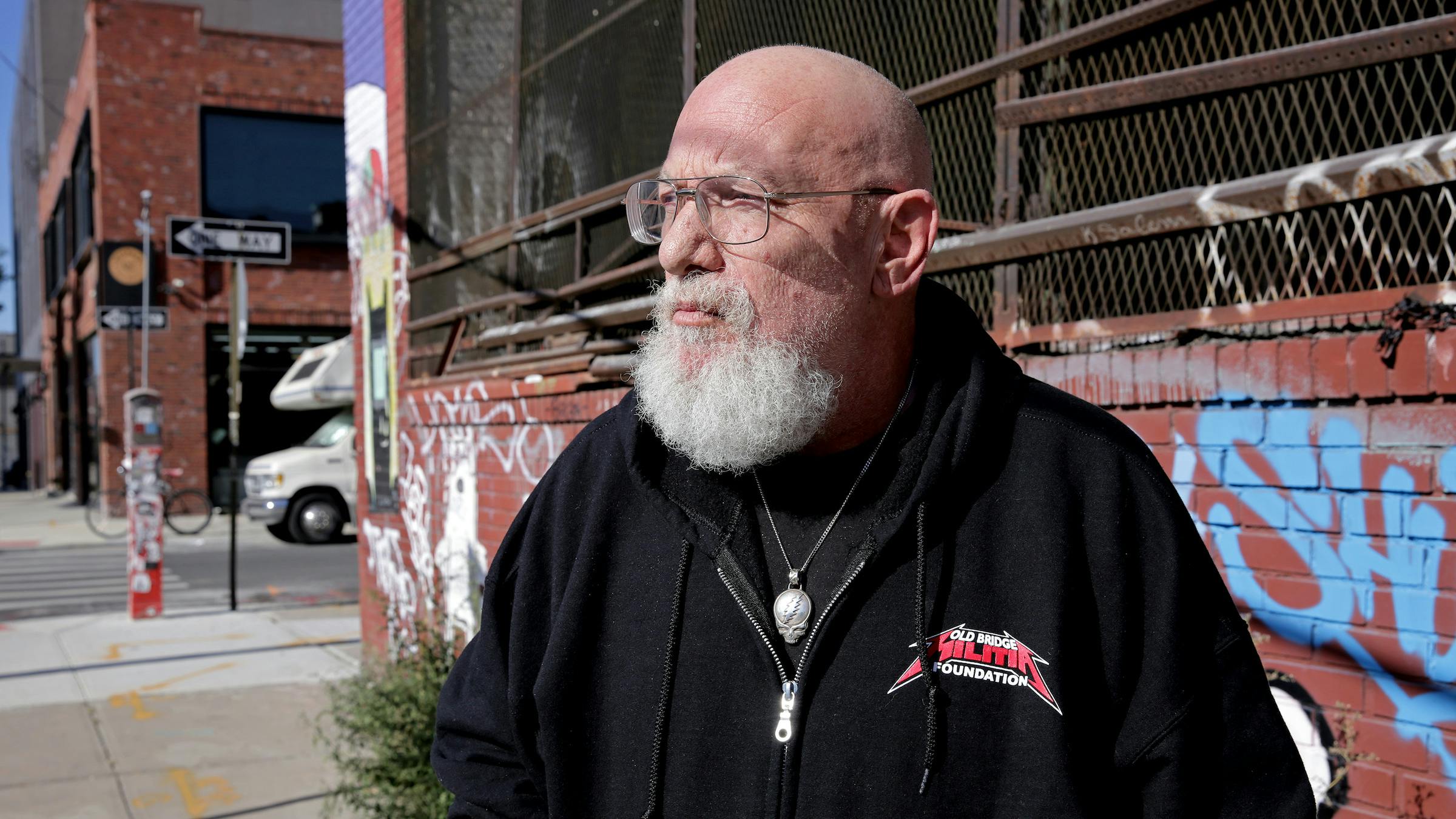Something interesting is how long it took you to warm up to Testament -- and that you finally did the day Cliff Burton passed away...
We went to the studio [to see Testament] the day after Ciff Burton’s death. We had just come back from Metallica and Anthrax at the Hammersmith Odeon, and then they went onward to Sweden. We heard, and then went on this big, long, never-ending walk along the pier in San Francisco, where we were to see Testament. When we got to their rehearsal studio, there was a band behind every door, and everyone was playing (Anesthesia)--Pulling Teeth. It was coming through all the walls. Some people say they were paying homage...but I think they were learning a part, to maybe get in the band. He wasn’t dead 24 hours -- it blew my mind. And it was in that blown mindframe that Testament opened the door to their studio, and they delivered. They delivered in spades.
Is there something that, all these years later, even with the changes in technology, you think promoters and label employees need to remember?
Promoters have shows play their place and don’t really promote ‘em. We used to have such success without the Internet -- I can’t imagine what you could do WITH the Internet. There’s a lot you have to do to do business, unless the band was really big -- but we were dealing with bands no one knew. Some people really blow my mind with how lackluster their promotion was. I really felt it all the time, when they didn’t do their job. It wasn’t me -- it was Maria [Ferrero], Ed Trunk, Marsha, all the people who worked for me were like Green Berets living in Never Neverland. It was a very groovy place, and it made for a great life while it lasted.
Finally, having seen the pictures section of the book, including the pictures from your teen years, we need to ask -- how did you manage that hair?
I had an afro pick! I would pick my hair out. I was a renegade kid. Traveled across the country on $5 a day, if I had it -- or stopping at farms and eating carrots. There’s a lot of living I did in my life -- and the best part of my life was the 40 years I spent with Marsha. Imagine telling your wife after hearing this cassette that you were going to a phone booth to call this band, and you’ll bring ‘em over here and make ‘em a part of your life?
